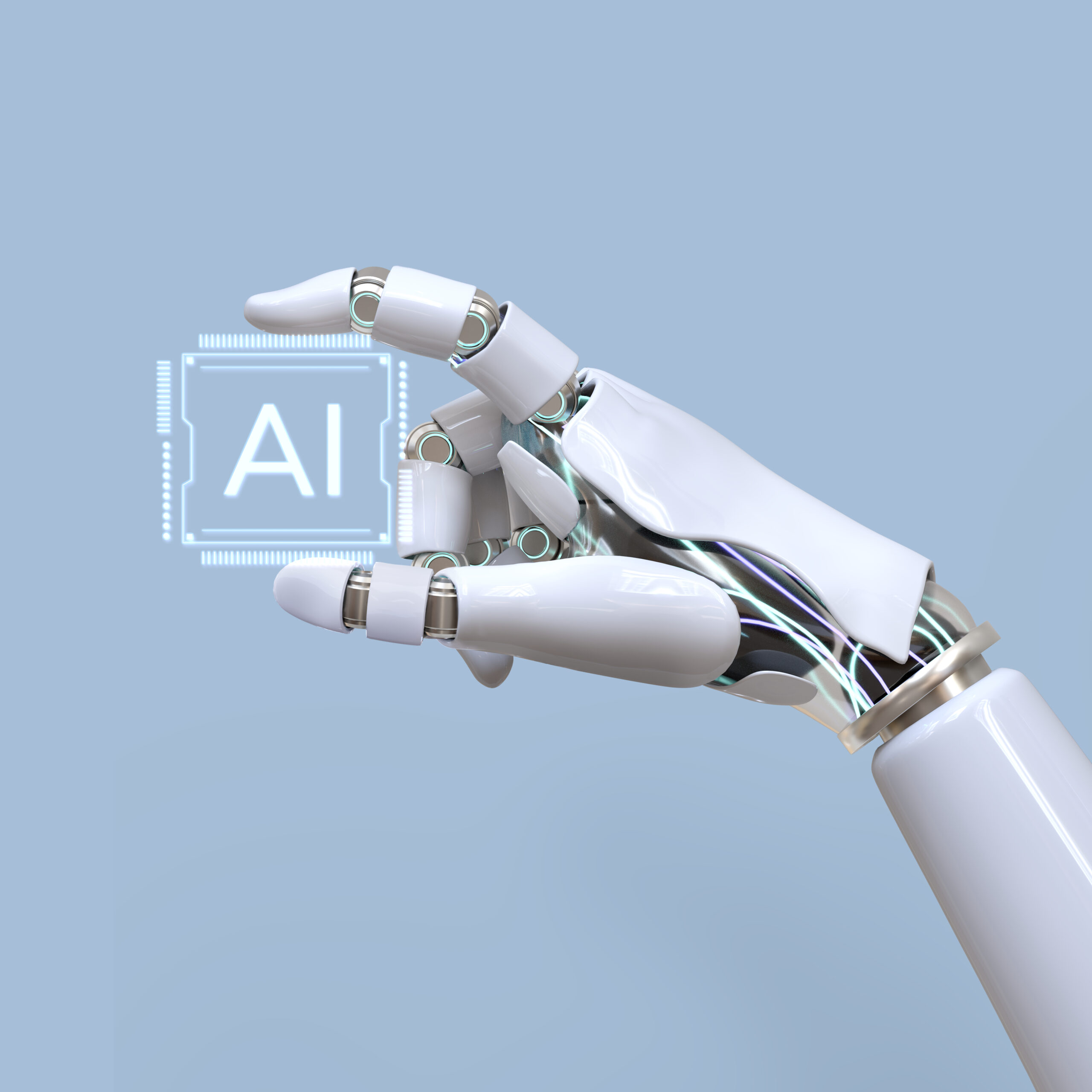As a recruitment marketer, you work with data and technology every day to bring together the right candidates and employers. AI plays an increasingly important role in this, from personalized advertisements to advanced matching tools, for example. But with the rise of AI, privacy issues also arise that cannot be ignored. How do we balance between using AI and protecting privacy? And what does that mean for recruitment marketing?
What AI means for recruitment marketing
AI opens doors that were previously closed. Think of systems that recognize patterns in resumes, predict behavior, and match candidates with roles they may not have even considered. Imagine: your vacancy is only shown to people who fit the profile, at the right time, with a message that feels like it was written specifically for them.
But how does AI get those insights? Exactly, through data. And that's where the challenge lies: people want a personal approach, but they are becoming increasingly cautious about sharing their data. Logical, because who wants their entire online life to be analyzed by an algorithm?
Privacy legislation keeps us on our toes
Privacy legislation is becoming stricter. The GDPR has already put us to work, and new initiatives such as the EU AI Act are putting even more pressure on the boiler. For (recruitment) marketers, this means that the rules around data are becoming increasingly strict. Think of transparency requirements, restrictions on the collection of personal data and stricter controls on the use of AI.
Here are some examples of what might change:
- Transparency on AI algorithms
If you use AI to match candidates, you need to explain how it works. No more mysterious black box. Candidates have a right to insight into how decisions are made. - Restrictions on behavioral data
Tracking online behavior is becoming increasingly difficult. Analyzing fewer clicks and scroll patterns means finding creative ways to reach candidates. - Stricter rules around data storage
You may only collect data that is really necessary, and even that must be stored properly and securely. No more data experiments where you secretly discover that your target group is a fan of dog photos.

How recruitment marketing needs to change
To use AI effectively and ethically, (recruitment) marketers need to change the way they handle data. Here are a few ways to remain impactful while respecting privacy:
- Focus on consent
Standard cookie pop-ups are not enough. Be open and give a clear reason why someone would share their data with you. For example: “Share your data with us so we can help you find your dream job.” “It takes 5 seconds and you get a lot in return!” - Invest in ethical AI
Work with tools that take privacy and ethics seriously. Transparency and reliability are becoming increasingly important, also for your customers. - Build communities
Instead of depending on data, you can focus on creating valuable content and an engaged community. Think of a newsletter with tips, webinars or other forms of employer branding that attract people voluntarily.
The Future of AI in Recruitment Marketing
AI will not take over (recruitment) marketing, but it will strengthen it. The power of AI lies in the technology, but the human touch remains indispensable. It is up to you as a marketer to use AI smartly and at the same time build a bond of trust with candidates.
Privacy doesn't have to be an obstacle. In fact, it can be an opportunity to show that your agency really cares about people. Transparency and ethics will become your best marketing tools.
Want to know more about how you can stay privacy compliant within (recruitment) marketing and not lose the quality of your data? Contact us!


)
)
)
)
)
)
)
)
)
)